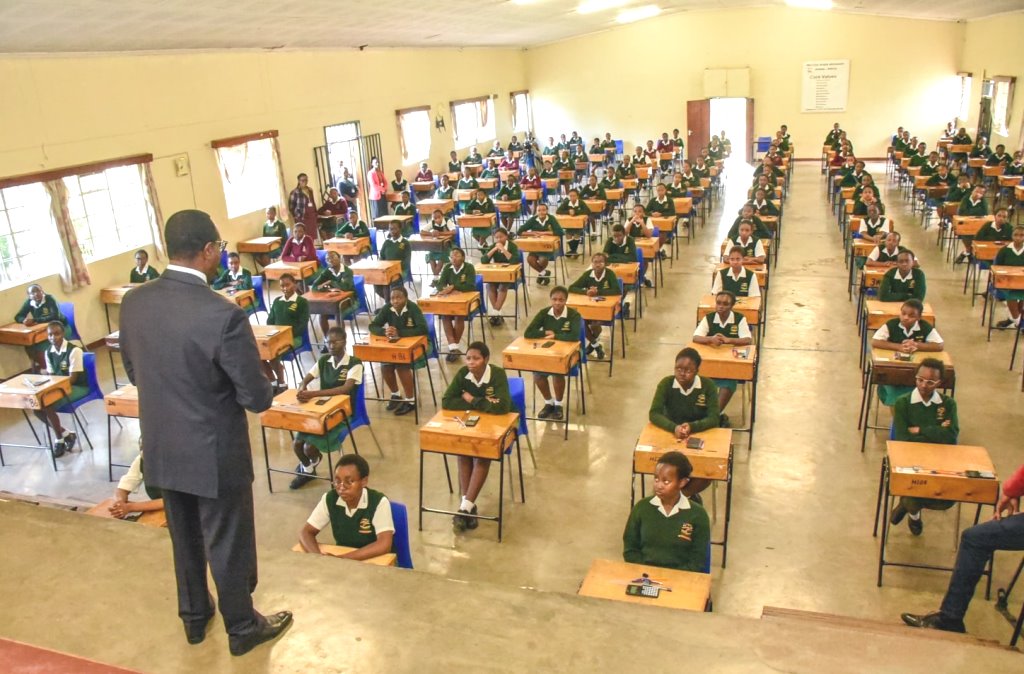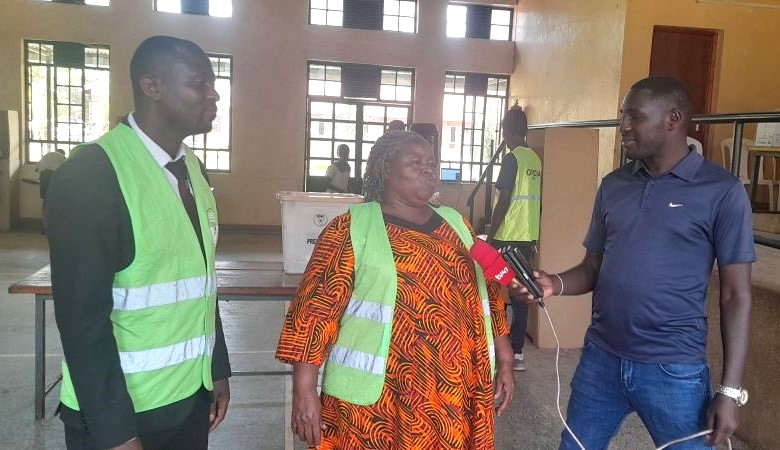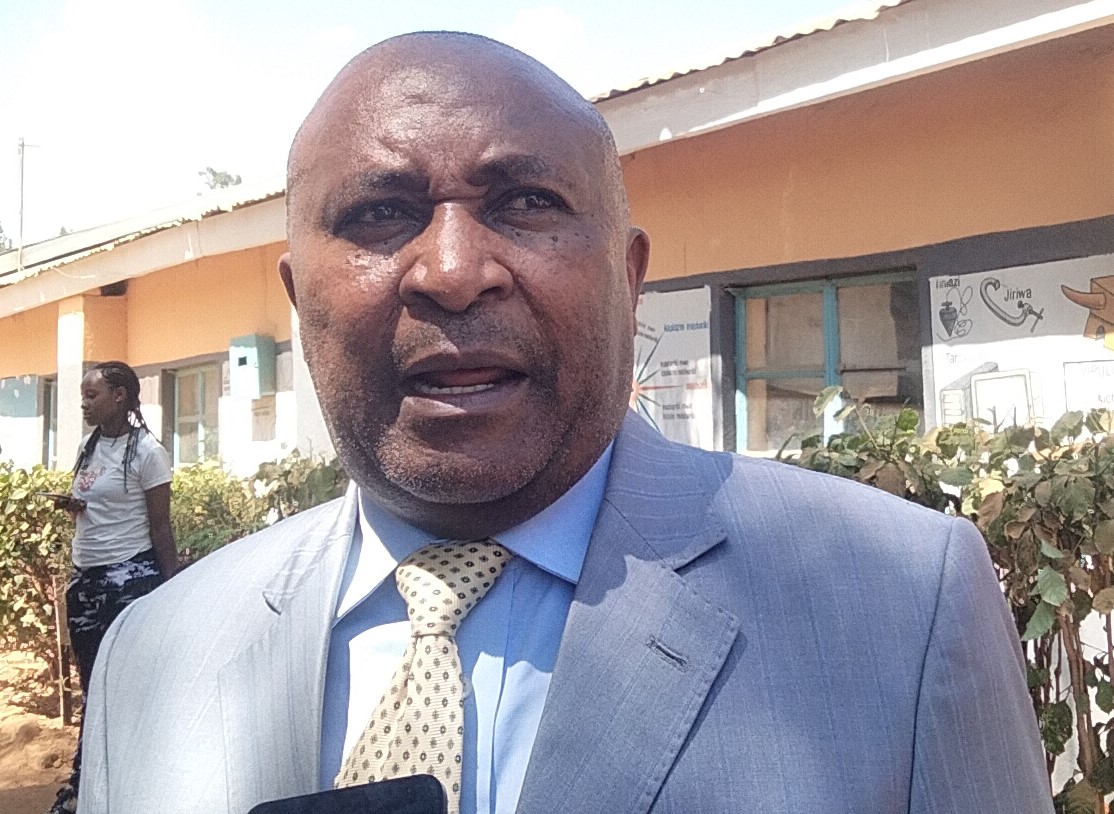The Kenya National Examinations Council (KNEC) is set to come up with a comprehensive Competency-Based Assessment (CBA) framework for Senior School learners, replacing the traditional KCSE system with a continuous, skill-oriented model.
The Guidelines for Implementation of Senior School Education, by Education Cabinet Secretary Julius Migos Ogamba, Principal Secretary Amb. (Prof.) Julius K. Bitok and Director General Dr Elyas Abdi outline policy directions for curriculum, governance, infrastructure, and assessment.
They explain that the new assessment approach will evaluate not only what learners know, but also what they can do with that knowledge.
According to the guidelines, “the focus of assessment shall be on what learners can do with what they know.”
This shift marks a transition from exam-based competition to competency-based mastery of skills, creativity, and values.
READ ALSO:
Under the new system, learners will sit the Kenya Certificate of Basic Education (KCBE) and the Kenya Vocational Level Education Assessment (KVLEA) at the end of Senior School, signifying completion of basic education and preparation for tertiary or vocational training.
KNEC will administer both school-based and national assessments, with teachers conducting formative evaluations throughout Grades 10 and 11 and KNEC overseeing summative assessments in Grade 12.
The guidelines note that “assessment at Senior School will determine achievement of learner outcomes leading to certification, assessing their ability to demonstrate knowledge, skills, values, and attitudes in real-life contexts.”
Education CS Julius Migos Ogamba said the shift will “promote fairness, innovation, and lifelong learning,” ensuring that assessments measure learners’ growth over time rather than a single day’s performance.
The document further adds that “continuous assessment allows learners to develop resilience, critical thinking, and creativity — qualities that define the 21st-century graduate.”
PS Amb. (Prof.) Julius K. Bitok said the Ministry will work closely with KNEC, KICD, and TSC to guarantee smooth implementation, noting that assessment reforms “align with Kenya’s broader human development goals.”
Dr Elyas Abdi emphasised that the guidelines are a collaborative outcome reflecting the “collective expertise and passion of professionals deeply committed to improving the quality of education.”
Each learner’s progress will be tracked through digital assessment portfolios that capture school-based results, project work, and practical performance. Teachers will upload these records to the KNEC CBA Portal to ensure nationwide data consistency.
By Joseph Mambili
You can also follow our social media pages on Twitter: Education News KE and Facebook: Education News Newspaper for timely updates.
>>> Click here to stay up-to-date with trending regional stories
>>> Click here to read more informed opinions on the country’s education landscape






